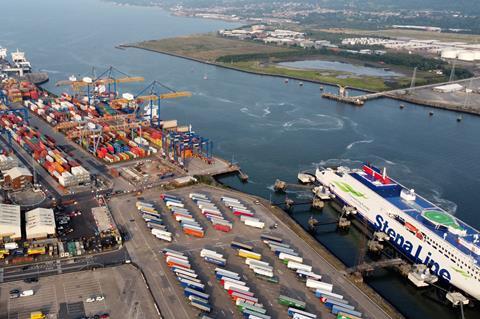
The UK and EU need to “speed up” negotiations over new sanitary and phytosanitary (SPS) arrangements, M&S boss Stuart Machin has urged, with a potential delay until 2027 an “overbearing bureaucratic burden”.
Speaking at the Northern Ireland Food & Drink Association’s annual dinner in Belfast on Thursday, Machin reiterated comments made over the summer that M&S was finding post-Brexit Windsor Framework arrangements increasingly burdensome.
The Framework’s final phase, mandating additional ‘Not for EU’ labelling on a slew of food and drink products sent to Northern Ireland from Great Britain, came into force at the start of July.
It means products from packed fruit & veg to fish, eggs and all chilled and frozen composite products have to carry the labelling when shipped over the Irish Sea, with products not carrying the labels required to go through a ‘red lane’ – designed for GB goods heading to Ireland and/or the rest of the EU.
The framework came into force despite the UK’s ‘reset’ deal with the EU in May – which will ultimately lead to a new SPS agreement, doing away with border red tape, including checks under the Windsor Framework.
However, the deal is not expected to be completed until at least 2027, according to the Cabinet Office, with negotiations still to fully kick off.
A ‘huge bureaucratic burden’
The past few years had been “incredibly challenging” for M&S in Northern Ireland, admitted Machin, with border bureaucracy, first via the Northern Ireland Protocol and then through the Windsor Framework, introducing “a lot of cost, a lot of complexity and impacting our product range and product shelf lives”.
“Today, the Windsor Framework has certainly eased some movement into Northern Ireland, but it’s come with a huge bureaucratic burden,” Machin added.
Read more: Machin sets out demands for Rachel Reeves
“If we just think about availability that’s been impacted in our stores because of this, on an average day we have 19 vehicles of goods travelling into Belfast,” he said. “Of those 19 vehicles, over six of those have their paperwork checked every day in detail, and that obviously creates a lot of hold-up.”
Each lorry sent to Northern Ireland required more than 300 pages of paperwork, rising to 650 pages at Christmas, Machin pointed out, adding as much as 3,500 products required “daily checks by vets and officials”.
The retailer had accumulated enough supply chain paperwork since 2020 to fill the Northern Ireland football team’s home at Windsor Park in Belfast, he added, as he called for further action to tackle red tape by the government.
“We move fast in retail, so we need Westminster and the Brussels bureaucrats to move as fast as retail does and speed this up,” he urged.
“This overbearing box-ticking only acts as a burden to investment, and we need governments to work with us and create opportunities and not barriers,” he added. “We do have an ambitious plan across the whole of M&S for investment, but of course, everybody needs that bit of help.”
Read more: What’s going wrong with the Windsor Framework?
His comments come as Lynas Wholesale MD Andrew Lynas last week warned additional costs caused by the Windsor Framework had led to higher prices. Speaking with the BBC, he said: “We do pay more, there is more paperwork, there are more health certificates, lots of checks.”
Lynas added: “Our stock holding is up half a million pounds because of it, and I would say the cost of goods is an extra 1% to 3% versus what you would pay in the mainland.”
And as The Grocer reported over the summer, retailers have been facing a “constant battle to maintain availability”, according to the British Retail Consortium.
Machin’s speech followed a call by NIFDA chair Ursula Lavery for clearer policy signals from government to enable the Northern Irish food sector to grow, while also improving its sustainability credentials.
Conflicting signals at the policy level risked weakening food security, discouraging growth and slowing industry gains on sustainability, said Lavery, who is also R&D director for Pilgrim’s Europe.
“Too often, well-intentioned policies miss the mark when they are developed in silos. They ignore the complexity and cost structure of our industry. They risk undermining rural livelihoods and our proud Northern Irish farming heritage. And they put long-term food security at risk,” added Lavery.
“A positive example of collaboration is the deposit return scheme. It shows what can happen when industry has a genuine seat at the table and we work together. Momentum is building, and it’s making a real difference. Now, we need to build on that. We need more collaboration. More partnership. More urgency.”
The Northern Irish food sector was “at a crossroads”, Lavery said. “We cannot afford to continue with fragmented policy and siloed thinking. We need a unified, focused Northern Ireland food strategy – backed by clear targets, accountability, and pace, formed in partnership with government, industry and producers – from a family small-holding to the major employers.”







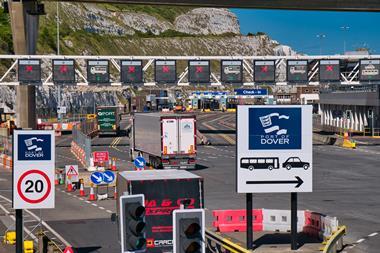
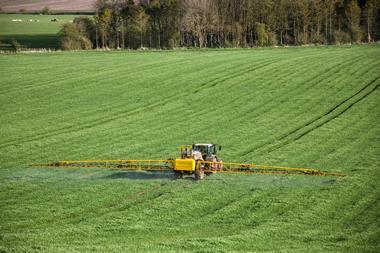
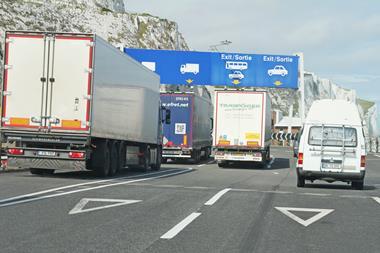

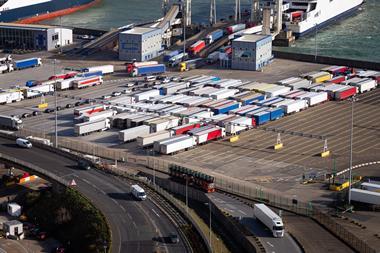
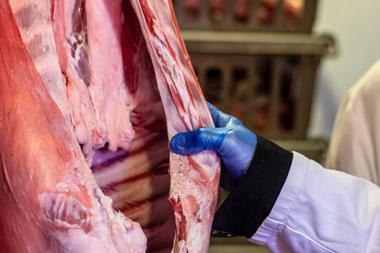






No comments yet